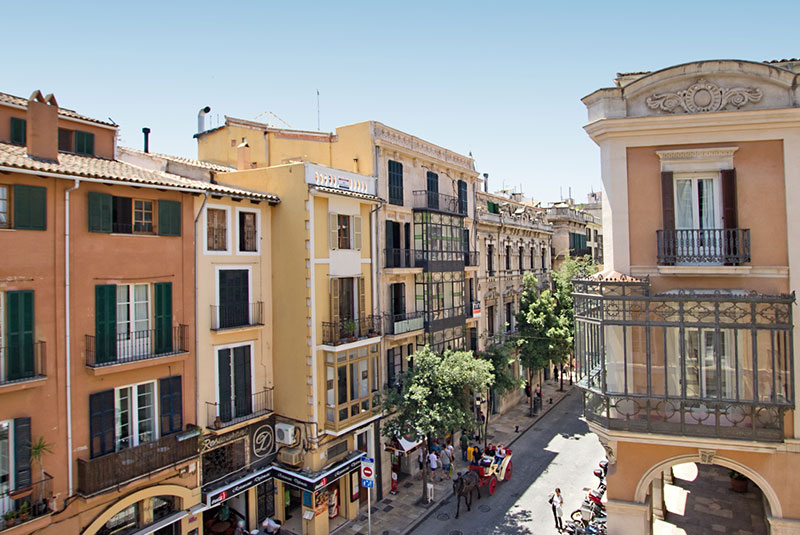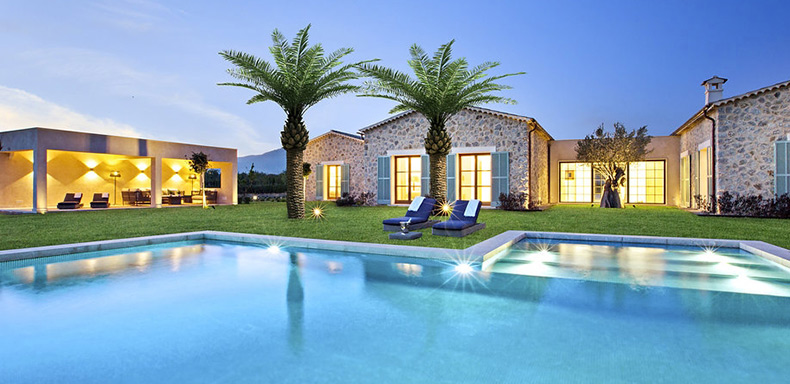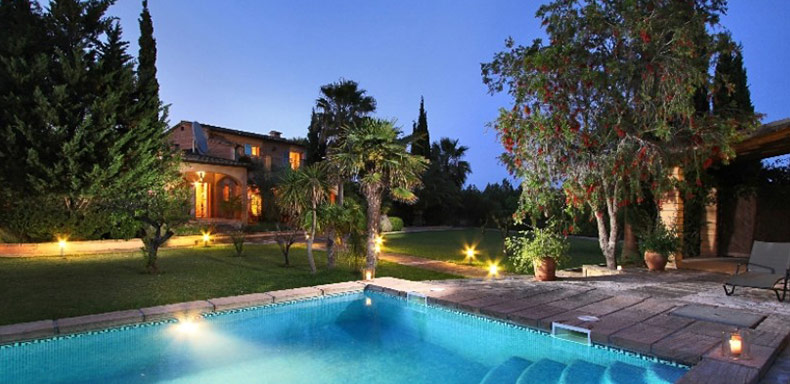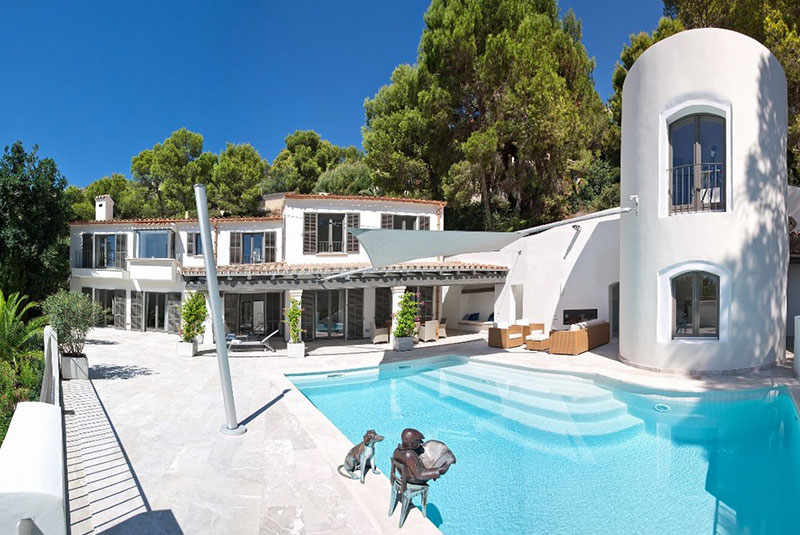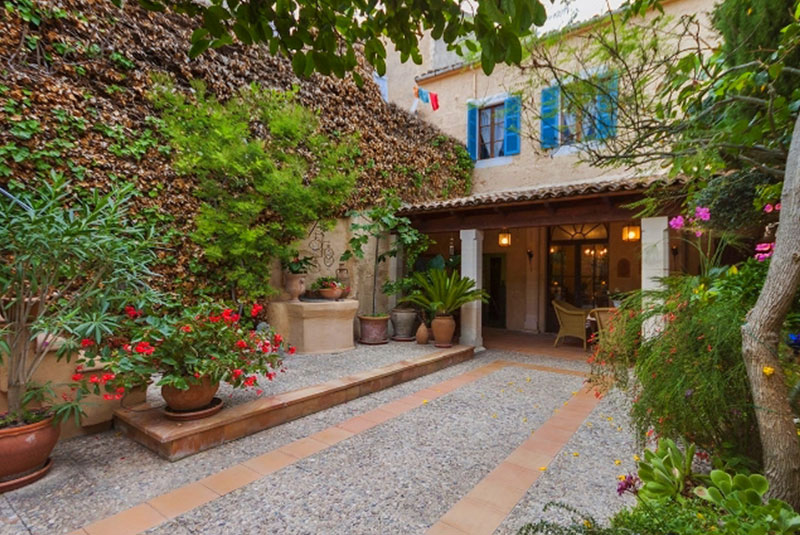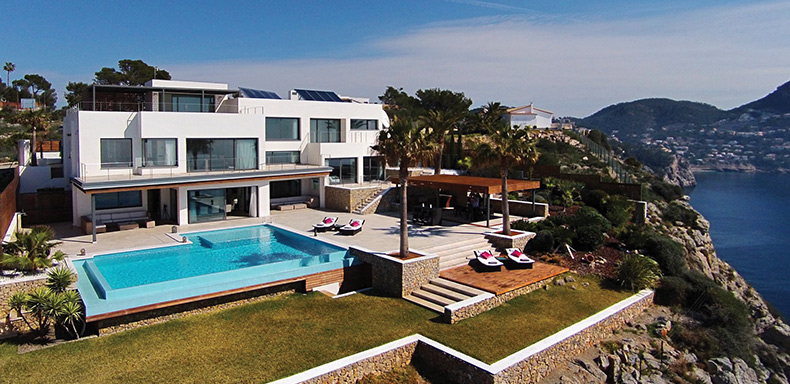The Homeowners Associations’ power over touristic rentals
Tourism is obviously a great growth opportunity, but the boom in property rental for touristic purposes has turned into one of the main concerns of homeowners associations and local governments.
The lack of control over short term rentals of touristic dwellings allowed the increase of long term rental prices and it forced many local residents out of their homes.
The increasing need to regulate this situation led the Spanish government to take action. However, tourism matters are responsibility of each Autonomous Community and urban planning of each Municipality, so the only way the government can regulate touristic housing is by reviewing the law. In this case, clarifying the definition of ‘seasonal rental’ in the Urban Rentals Law and giving more power to homeowners associations through the Horizontal Property Law.
Although law reforms are full responsibility of Spanish government entities, it has been announced that changes will only be made with the consensus of all parties involved: Autonomous Communities, municipalities, homeowners associations, relevant online platforms, hotel owners and unions.
For this purpose, the Ministry of Tourism has recently addressed the 17 Spanish Autonomous Communities and the Spanish Federation of Municipalities and Provinces with a proposal to review the Horizontal Property Law, that currently states that it is necessary to have consensus among all owners to make important decisions or change the homeowners association bylaws.
If the change in the law is accepted and implemented – and it seems that there is a general agreement among the autonomous governments – homeowners associations will have more decision power as it would bring the number down to a majority of three fifths of the owners (that represent three fifths of the total property area owned, which is the actual criterium used by this law) needed to, for example, forbid the touristic rental of dwellings in their building/ community. At the moment, as long as the existing community bylaws are respected, the homeowners associations cannot prevent each owner to rent their property, because their own vote will hold back the consensus. The Spanish government has also proposed to change the Urban Rentals Law, limiting seasonal rentals to periods of minimum 7 consecutive days, not exceeding a total of 45 days per year. However, there is still no consensus among all those involved on this issue.
Also to help the autonomous communities control touristic rentals, and to offer legal security to both property owners and the people renting, it was suggested the creation of a national registry of all housing for touristic use. This registry would make it compulsory to identify the people renting and also make sure homeowners comply with their tax obligations.
If you need more information about the Tourism Law and holiday rental, do not hesitate to contact us. We advise, defend and represent our clients at all levels. Our greatest asset is an infrastructure of professional leaders in each field of action, especially Real Estate and Tax, as well as our international vocation and multilingual capacity.


